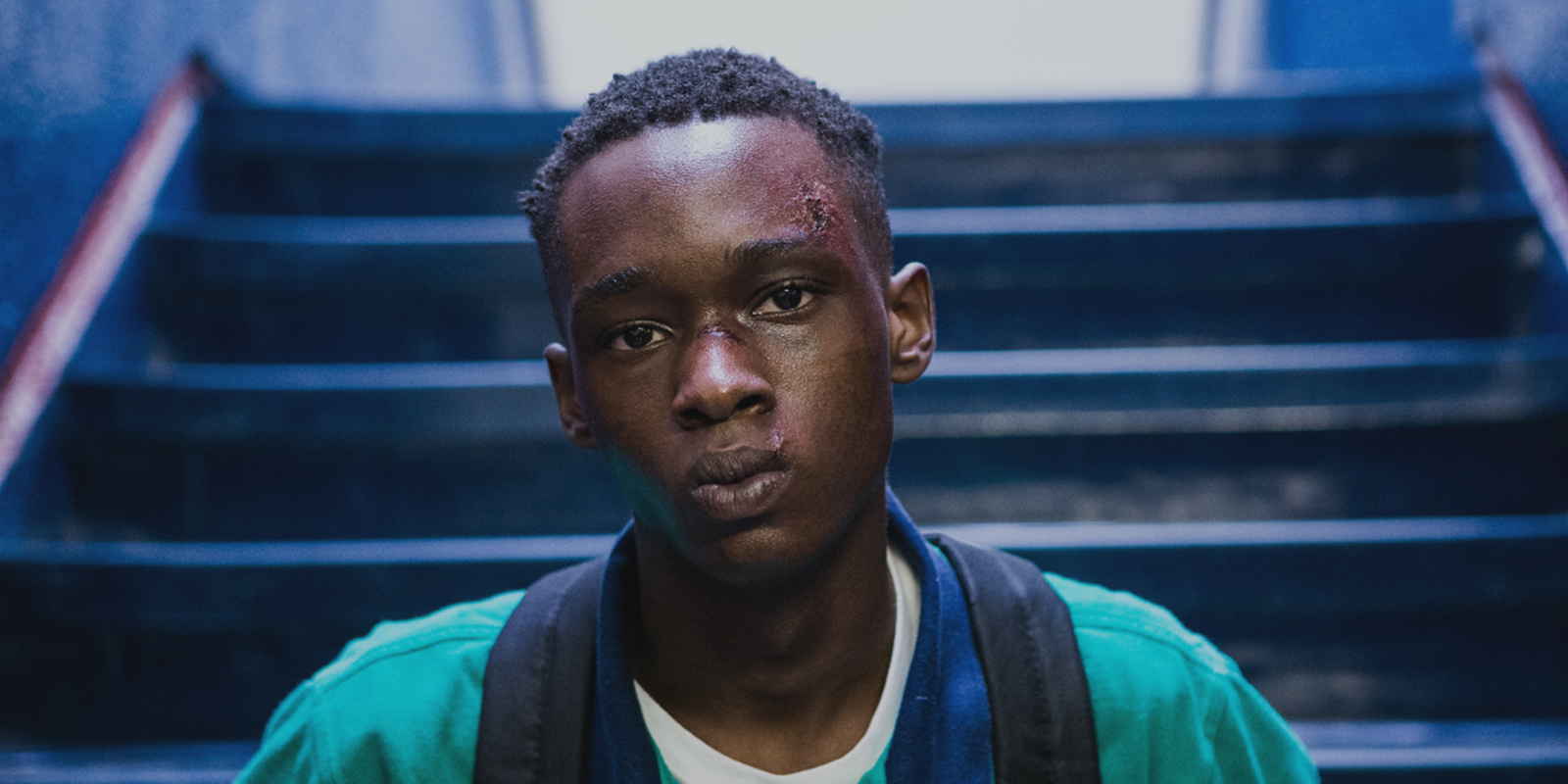Not winning a Best Picture at The Oscars is inconsequential in the long run
Last week’s Oscar ceremony proved to one of the most eventful in the Academy’s history. The night was a collection of great TV moments, including Auli’i Cravalho from Disney’s Moana being hit over the head by a backup dancer’s prop during her performance, and Denzel Washington marrying two tourists.
It was one of the rare award ceremonies that managed to keep my attention throughout its three-hour runtime. However, the broadcast ended abruptly after one of the greatest mistakes ever made at the Oscars: the wrong movie was called as the winner of Best Picture—the most prestigious honour in the cinematic industry.
The Best Picture winner is always one which creates friction and frustration amongst movie enthusiasts and the public. Often, more culturally-relevant films are snubbed, with the award going to a forgettable and generic film which will be forgotten in a couple of years, such as last year when Spotlight won instead of Mad Max: Fury Road. Several of the most popular and revered directors in cinematic history, such as Quentin Tarantino, Alfred Hitchcock and Stanley Kubrick have never won a Best Picture award.
The Best Picture winner is selected by a voting system including all the members of the Academy, composed of over 6,000 individuals. The membership status is obtained by invitation or by winning an Academy Award. Therefore, any previous actor or director who won an Oscar during their career is eligible to vote for the Best Picture winner. Hence, the system can quickly become biased as the members can cast their votes for their friends and colleagues. Moreover, cinema is a subjective topic, making the result open for discussion and debate.
In order to win the Best Picture award, a film must be able to reach a larger audience, and must appeal to the majority of the Academy’s members. This explains how movies which tend to push the boundaries of cinema, or are targeted at a niche audience are not likely to win an award at the ceremony. Nicolas Winding Refn’s latest thriller, Neon Demon, whose cinematography mirrors La La Land’s in terms of precision and astonishing shots, did not get nominated for any category. A reason for this might be because it dealt with sensitive and shocking topics, such as cannibalism, pedophilia and necrophilia, therefore narrowing its mass appeal. There is also a tendency to avoid mainstream releases like superhero movies—they are often overlooked by the Academy’s members due to their escapist and sometimes childish nature.
Even though the mix-up which occurred during the announcement of this year’s Best Picture category was an entertaining moment, the outcome does not truly matter in the long term. Both Moonlight and La La Land were incredible films that equally deserved the award. But what makes a film stand the test of time is not necessarily the number of awards it brings in, but the impact it has on the collective consciousness of the audience.
